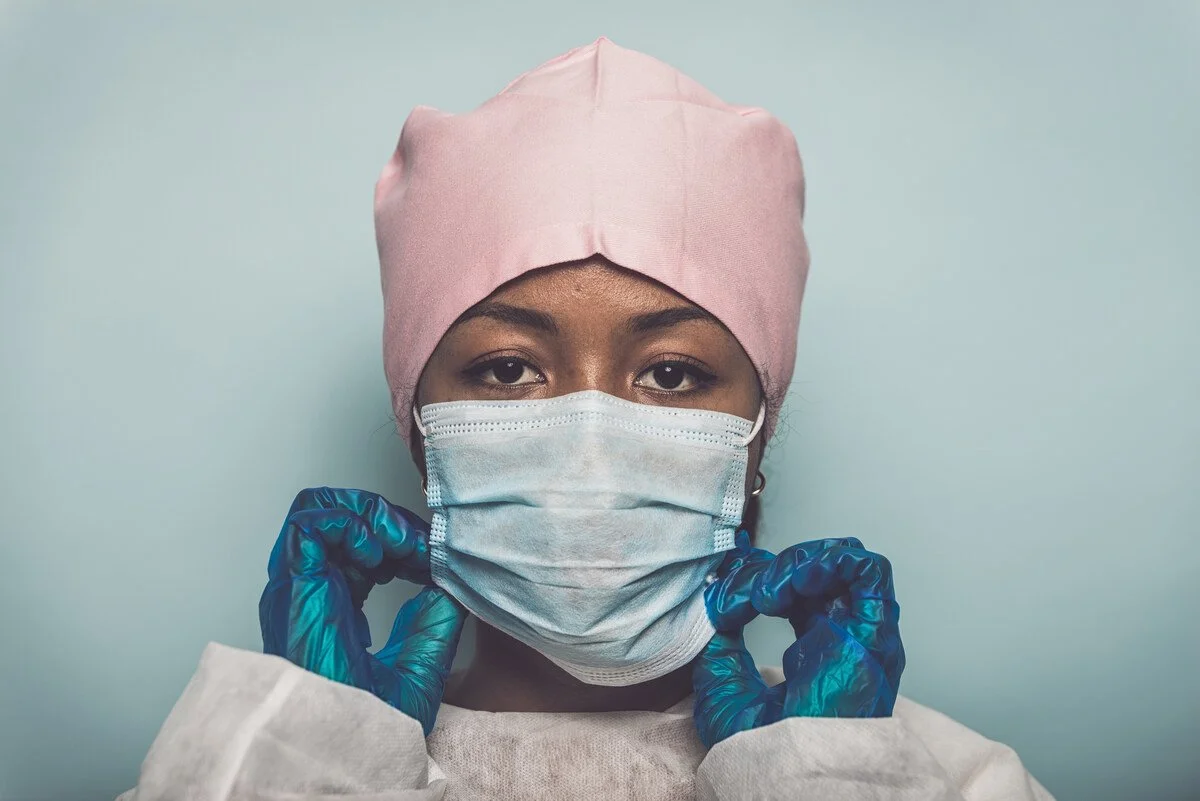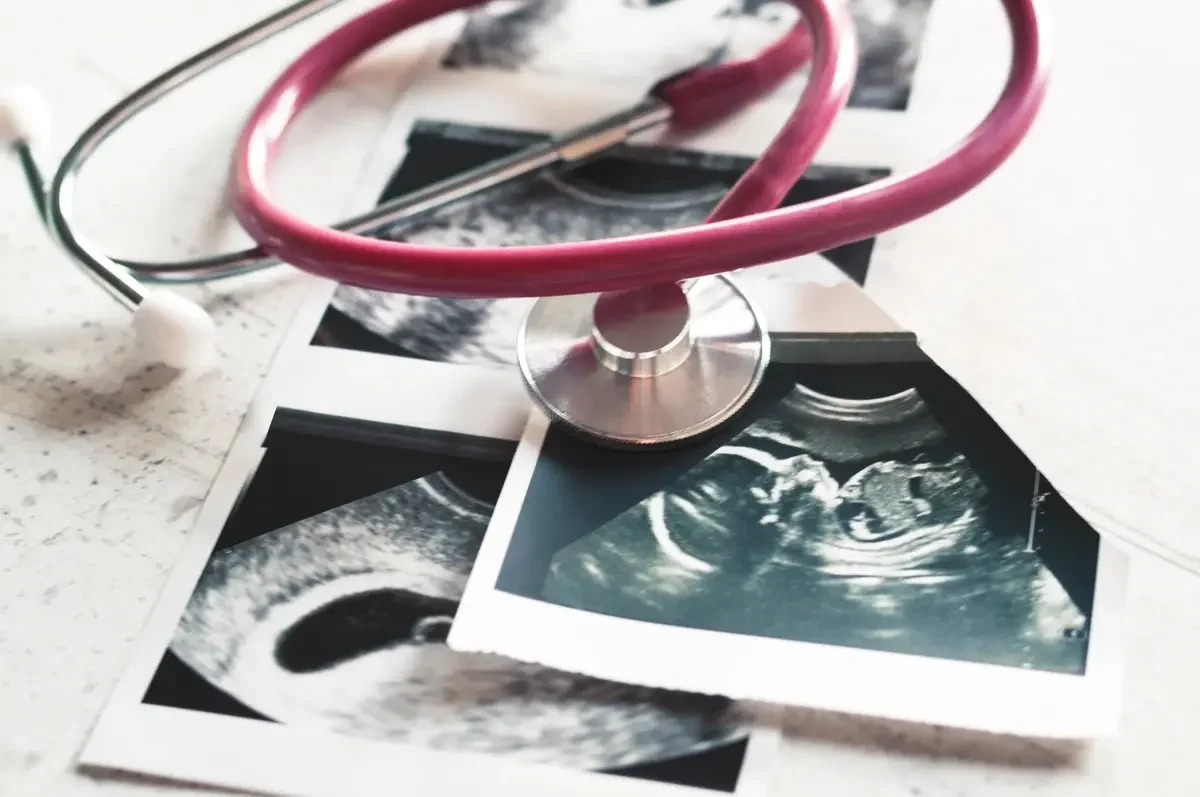Popular Lead Apron Brands: Traditional, Lightweight, & Lead-Free Options
Choosing the right lead apron is crucial for healthcare professionals. This guide explores leading brands, styles, and materials to help you find the perfect fit—including essential accessories like Mobile Lead Barriers that offer added protection in procedural areas.
Here, we’ll discuss lead apron options from Techno-Aide, Burlington Medical, and INFAB.
Techno-Aide
Founded in Nashville in 1977, Techno-Aide provides the right accessories and supplies needed in the medical imaging industry and continues to help protect and assist medical professionals in the jobs they perform every day.
X-ray Garments
Techno-Aide offers great options for those looking for an effective, comfortable, and affordable option for X-ray garments. They offer Regular Lead, Lightweight Lead (composite), or their premium Super-Lite® Lead-Free protective material in many styles. Their X-ray garment offerings include:
EZ Front Protection Aprons
EZ Comfort-Flex Front Aprons
EZ Full Wrap Vests
EZ Reverse Full Wrap Vests
EZ Full Wrap Skirts
EZ Release Surgery Front Aprons
EZ Release Comfort OR Aprons
Full Binding, Mid-Binding, and No Binding Thyroid Guards
Customization Options & Accessories
Most Techno-Aide aprons include a crisscross strap design to evenly distribute the weight between both shoulders and shoulder pads for extended comfort. The EZ Release Surgery and Comfort OR aprons are designed for hands-free removal.
Some customization is optional, including embroidery or monogramming, as well as an optional thyroid buckle tether.
Sizing
Techno-Aide offers a standard sizing chart and their EZ Fit Sizing Tool. They use unisex sizing for their garments.
Burlington Medical
Founded in Newport News in 1930, Virginia, Burlington Medical offers highly customizable and tailored aprons and X-ray garments. Burlington Medical recently acquired two popular lead garment manufacturers, Bar-Ray and Lite Tech.
X-ray Garments
Burlington Medical offers lead and lead-free X-ray garments. Their garment styles include:
Standard Kilt
Standard Front and Back One Piece
Standard Regular Vest
Standard Frontal Apron with Stretch Hook & Loop Closure
Custom Aprons (tailored)
Customization Options & Accessories
Burlington Medical is popular for its tailored garments. They also offer weight support belts, kilt suspenders, caps, non-slip waist for kilts, sleeves, and shin guards.
Sizing
They use a sizing chart and a 3D Look Sizing Tool. If you order a tailored apron, it will be sized to the wearer’s measurements using a few photos and their 3D Look Sizing Tool.
INFAB
Founded in Southern California in 1981, INFAB is constantly innovating the protection, comfort, and style of radiation protection equipment.
X-ray Garments
INFAB offers lead and lead-free garments. They are most known for their KIARMOR attenuation material, offering a super lightweight apron option. Their garments include:
Revolution Front Apron
Revolution Lumbar Vest & Skirt
Revolution Vest & Skirt
Revolution Full Wrap Apron
Customization
INFAB offers customizable garments with various interior and exterior fabrics and embroidery options. Many of their aprons also include elastic belt options for a better fit.
Sizing
INFAB offers a standard size chart and uses gendered sizing.
Key Features to Consider
Choosing the appropriate X-ray garment for your staff and patients can be overwhelming.
Protection against radiation is the main priority when choosing your traditional lead, lightweight lead, or lead-free apron. You may also want to consider weight and comfort, protection levels of the garment, and garment durability when choosing an apron that is right for you.
We can help! Through cleaning, sanitizing, X-ray scanning and repairing over a million garments and distributing for the top four brands on the market, we consider ourselves experts. We are ready to help you find the best apron for your needs and budget.
Weight and Comfort
Traditional lead aprons work very well to block harmful radiation but can be heavy if worn over long periods. Their weight makes traditional lead aprons a good option for shorter procedures.
If the wearer is pregnant, has orthopedic issues, or must wear the apron for long periods, a lightweight or lead-free option might work better.
Manufacturers are developing more attenuation material options beyond traditional lead to reduce the garment's weight.
A study conducted by Mayo Clinic found that a percentage of radiology professionals reported job-related pain due to the weight of their lead aprons.
62% of technicians
60% of nurses
44% of attending physicians
The attenuation material options should all provide appropriate protection, depending on your requirements and the quality of the manufacturer. We have noticed that lightweight and lead-free garments tend to tear more quickly when not worn or stored correctly. Fortunately, that can be prevented with proper care and storage.
Different styles of aprons can also lead to more comfort. For example, a vest and skirt or kilt might be more comfortable to wear for extended periods due to the distribution of weight on the upper and lower parts of the body. Personal preference and the types of cases you are in will likely dictate what you choose to protect yourself with.
Other features such as comfort shoulder straps, weight support belts, and kilt suspenders or padded kilt waistbands can offer added comfort.
Protection Levels
Select the appropriate coverage and lead equivalence needed for the case.
Some surgical cases in the OR may only require frontal protection. However, other cases in cardiology may require the user to wear a full-wrap apron or a skirt/vest combo, which can also provide back protection.
Lead or lead-equivalent thickness directly impacts the ability to absorb and block radiation effectively.
Every facility has different protection requirements generally set by the Radiation Safety Officer. It's helpful to follow the ALARA principle, "As Low As Reasonably Achievable," when assessing the protection you need.
We recommend consulting your radiation safety officer for accurate calculations and optimal safety measures due to the complexity of the formula and the specialized knowledge required.
Durability
Based on our observations and studies, the average lifespan of a lead apron is typically five to six years. It depends on many factors.
Protective Material: We’ve seen lightweight lead and lead-free aprons (thinner core material) last three to five years, whereas traditional lead aprons (thicker) last six to ten years.
Frequency of Use: Daily use of lead aprons requires more frequent replacement than occasional use.
Care and Storage: This makes all the difference in terms of a garment’s lifespan. Proper cleaning, sanitization, and storage practices significantly extend an apron’s lifespan. Proper upkeep and maintenance can also lead to not buying as many new garments over time, as the facility is taking better care of its inventory.
Proper care and storage extend the lifespan of any apron, regardless of attenuation material.
Styles or Customization Options
All the brands mentioned here offer various styles of aprons, from frontal aprons, vests and kilts, wraparound aprons, and thyroid collars. Some brands offer more customization, such as tailoring the apron to your body. Other brands provide customization simply through fabric choices, embroidery options, and cosmetic options.
In our experience, customizing an apron does not make it more or less effective than a standard apron. Customization, if any, is entirely optional and does not affect the efficacy of the apron. It comes down to personal preference and choice.
Proper fit, however, does affect the efficacy of the apron. While customization is optional, the correct fit is essential for an apron to work well and be safe.
FAQs
What should I consider when choosing a lead apron?
Consider who will be wearing the apron and for how long. Traditional lead aprons are great for shorter procedures, while lightweight and lead-free options are best for staff wearing aprons for extended periods and those with orthopedic issues. Also, consider if you need front and back coverage with your apron or just front.
What are the benefits of lead-free aprons?
Lead-free aprons are significantly lighter than lead aprons. Because they are lighter, they can be more comfortable to wear and will cause less stress on the body while wearing. They are a little more expensive than lead aprons, but our customers typically say the extra cost is worth it.
How can RCS help?
RCS is a master distributor of radiation protective equipment, such as X-ray garments, protective eyeglasses, lead barriers, and more, from several major manufacturers.
Our dedicated team will help you navigate the endless options available for X-ray garments based on your needs.
We provide sizing and fitting support for lead garment purchases and quick turnaround times.
When you purchase new X-ray garments through RCS, we automatically asset tag and inventory them, perform annual X-ray scans to verify the garment's integrity, and archive the X-ray images and data into our compliance-based portal (RADCOMPLY™) for your records.



